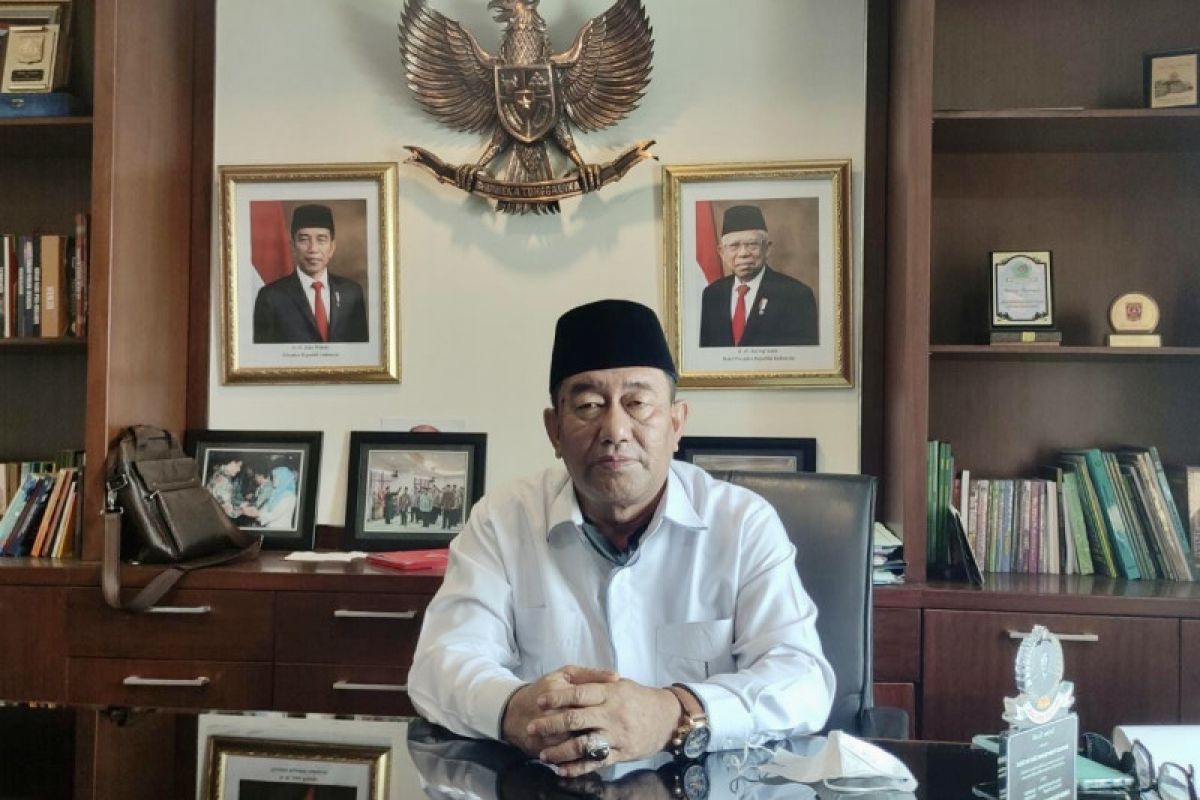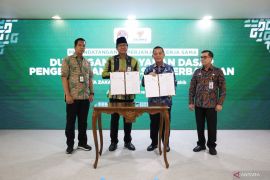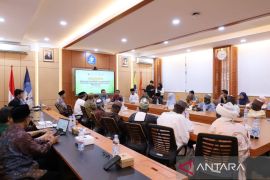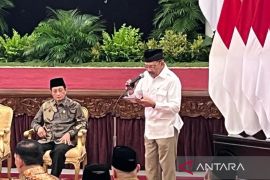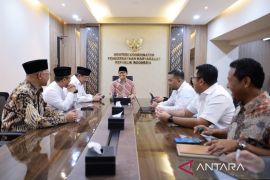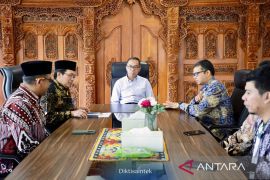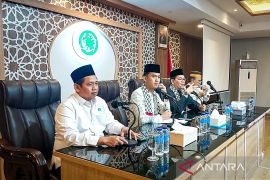"If people pay zakat on the 27th and 28th of Ramadan, the amil (zakat collector and manager) will only have a few days to distribute it," Director of Zakat and Waqf Empowerment at the Ministry of Religious Affairs Tarmizi Tohor noted in a written statement received here on Tuesday.
Tohor urged Muslims to not only pay zakat but also to increase infaq (disbursements) and sedekah (simple alms).
He noted that economic impacts due to the COVID-19 pandemic were still being felt by the community until now.
The collection of zakat, infaq, and sedekah (ZIS) can be utilized as a form of economic recovery for people, who have been affected by the pandemic, especially the mustahiq, he emphasized.
"This is an opportunity for Muslims to help others in the month of blessings (Ramadan)," he pointed out.
Related news: Ministry works with BNPT to bolster monitoring of alms institutions
On the other hand, he emphasized that the National Alms Agency (Baznas) and Zakat Management Institution (LAZ) not only provide cash in distributing zakat to mustahiq, but can also adjust it to the needs of the community.
"For instance, currently, cooking oil is scarce. It (the zakat) can be given in the form of food packages to mustahiq, so it is not just cash and rice," he stated.
He also encouraged preachers to disseminate information on zakat during Ramadan.
According to Tohor, the achievement of zakat in Indonesia is still far from its potential due to the lack of information being disseminated by preachers. In fact, he said the command to pay zakat is often compared to the command to do prayer.
"This month of Ramadan must be used by preachers, so that speeches on zakat are intensified to the community, especially to those members, who can afford it," he remarked.
Related news: Ministry to form special team to optimize zakat management
Related news: UNHCR distributes zakat to 1.2 million beneficiaries in 14 countries
Translator: Asep Firmansyah, Raka Adji
Editor: Suharto
Copyright © ANTARA 2022
